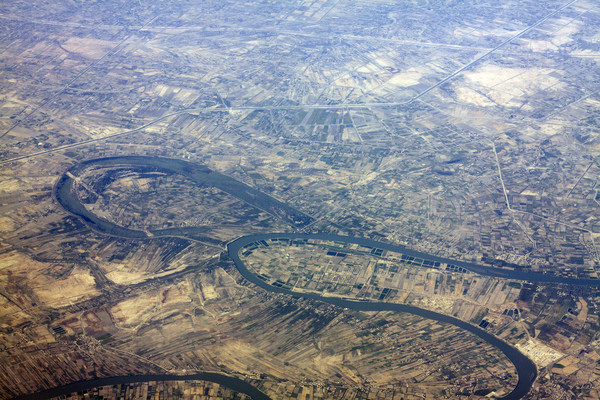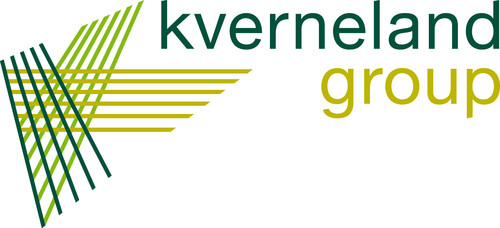
Italian equipment to boost agriculture in Somalia and in Iraq
The meeting dedicated to cooperation between Italian industries and foreign countries in the agricultural machinery sector took place in the context of EIMA International. The spotlight was on the initiatives promoted by the Ministry of Foreign Affairs, UNIDO and FederUnacoma, supporting agricultural entities with good potential
In Somalia and Iraq, Italian producers can become privileged suppliers of local farms. This was explained during a conference dedicated precisely to the opportunities offered by these two developing countries, held at EIMA International. The meeting was organised by FederUnacoma, the Ministry of Foreign Affairs and Unido, the United Nations organisation for industrial development.
“The agricultural potential of Somalia and Iraq is considerable and Italy's Development Cooperation is concretely supporting their efforts to make them self-sufficient in agricultural production,” said Andrea Carapellese, of Unido, “also by creating contacts with those who can supply the agricultural equipment they need. Machines based on up-to-date and at the same time simple technology. But, above all, reliable machines, since often in these markets low-cost equipment is offered but also short-lived. And precisely in developing countries,” concluded Carapellese, “this is a huge problem.”
Italy is one of the largest contributors to Unido, through cooperation, but it can also be the ideal supplier to meet the demand for agricultural equipment that many foreign countries lack.
“A country like Somalia is known more for its political problems, while it has a fairly developed network of small farms,” explained Francesco Pallocca, also of Unido, “with plots of agricultural land generally between 5 and 10 hectares. Dimensions for which Italian machines are much more suitable, as the plots are similar to those of Italian agriculture. As well as being small in size, machines for Somali fields must be based on up-to-date but simple and, above all, reliable technology”.
In order to overcome political uncertainties, which often discourage companies from opening their own premises, Unido proposes the solution of exclusive importing dealers. Even for countries that can now be considered politically stable, such as Iraq.
“In the latter case, it is a question of recovering the levels of agricultural productivity of the 1970s and 1980s, when, for example, three quarters of the world's date production came from this country,” Carapellese explained, “whereas today, despite its 10 million cultivable hectares, it has become a food importer. Irrigation is a fundamental challenge for Iraqi agriculture, even if it is not enough to offer the most suitable equipment, but it is necessary to get involved in a situation that has yet to develop a more solid industrial culture.”








